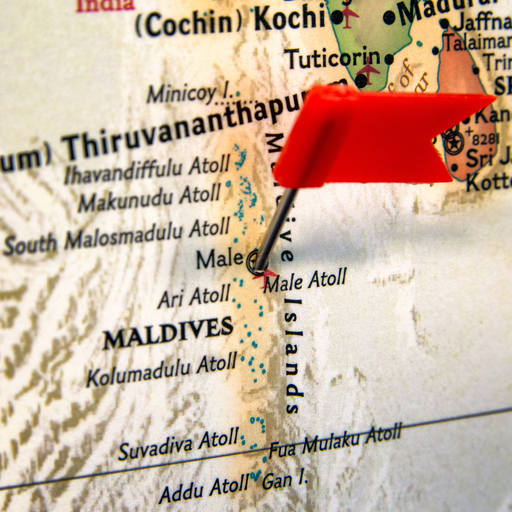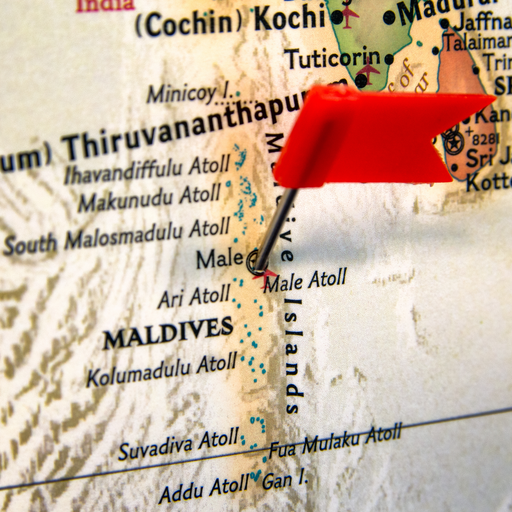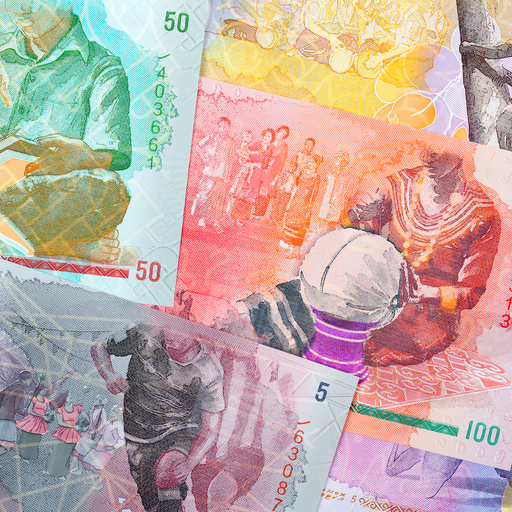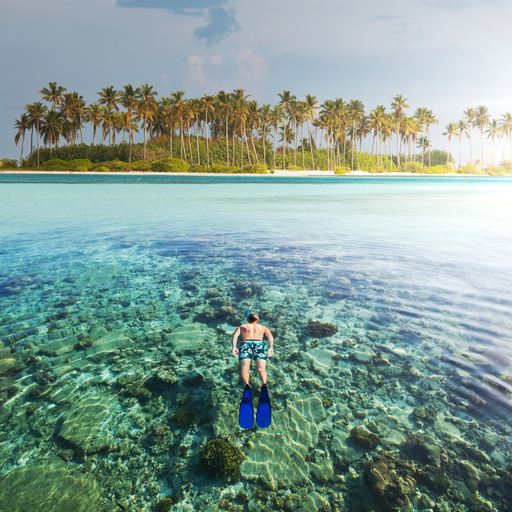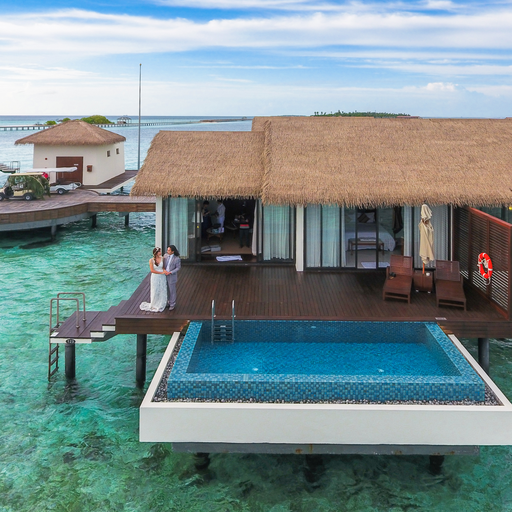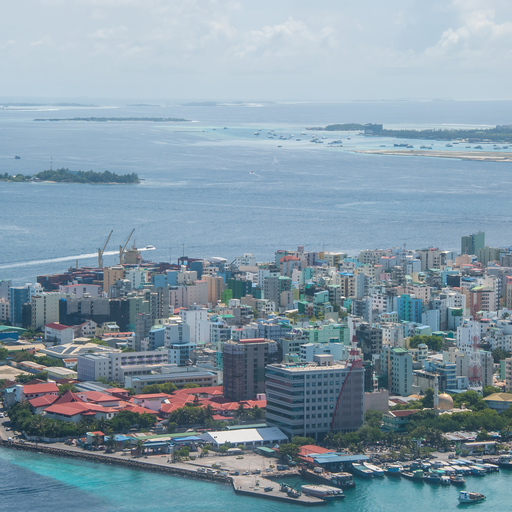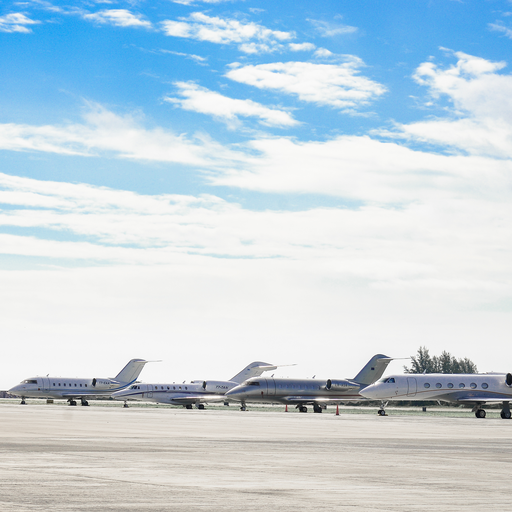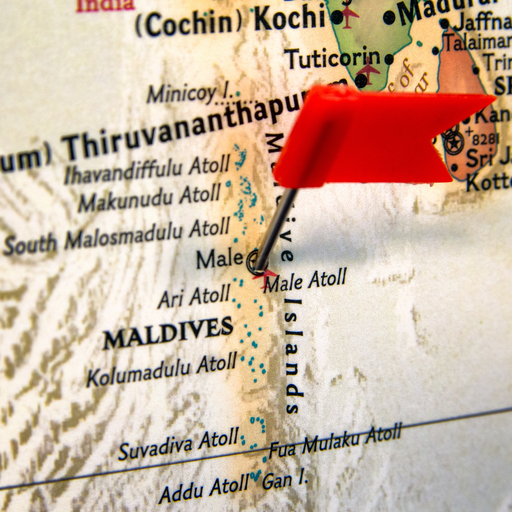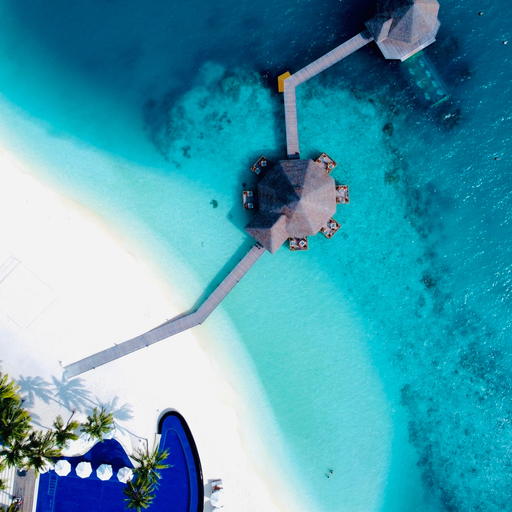The History and Culture of the Maldives Islands
Welcome to the Maldives, the tropical paradise renowned for its stunning overwater bungalows, crystal-clear waters, and vibrant marine life. But beyond its natural beauty, the Maldives boasts a rich history and culture that are equally captivating. Having traveled extensively across these islands, I can assure you that immersing yourself in Maldivian history and culture will add a unique dimension to your trip. Let’s dive into the customs, traditions, and historical milestones that define this beautiful archipelago.
Early Settlements and Historical Origins
The Maldives’ history dates back over 2,500 years, with early settlers believed to have come from Sri Lanka and southern India. Archaeological evidence suggests that these early inhabitants were Buddhist, as indicated by remnants of Buddhist temples and stupas found on various islands.
According to Maldivian folklore, the first recorded settlers were the Dheyvis, a seafaring people who arrived around the 5th century BC. The Maldives’ strategic location on ancient trade routes ensured that it was influenced by various cultures over the centuries, including South Asian, Arab, and African influences.
The Conversion to Islam
One of the most significant events in Maldivian history is the conversion to Islam in 1153 AD. The last Buddhist king of the Maldives, Dhovemi, converted to Islam and adopted the Muslim title of Sultan Muhammad al Adil. This marked the beginning of the Islamic era in the Maldives, which has continued to the present day.
The conversion is attributed to Abu al-Barakat Yusuf al-Barbari, a Sunni Muslim visitor who is believed to have convinced the king to embrace Islam. Today, the Maldives is a 100% Muslim country, and Islam plays a central role in the daily lives of its people.
Colonial Era and Independence
The Maldives experienced various periods of foreign influence and control, including the Portuguese, Dutch, and British. The Portuguese established a brief presence in the Maldives in the 16th century, but were driven out by local resistance led by the national hero Muhammad Thakurufaanu Al-Auzam.
In the 17th century, the Maldives became a protectorate of the Dutch and later the British, who formalized their protectorate status in 1887. Despite being under British protection, the Maldives retained a significant degree of internal autonomy.
The Maldives gained full independence from the British on July 26, 1965, and became a republic in 1968, abolishing the sultanate. This period of independence and modernization was spearheaded by Ibrahim Nasir, the country’s first president.
Modernization and Tourism
The latter half of the 20th century saw significant modernization efforts in the Maldives, particularly under the leadership of President Maumoon Abdul Gayoom, who served from 1978 to 2008. His tenure saw the development of infrastructure, education, and the establishment of the tourism industry, which has become a cornerstone of the Maldivian economy.
Today, the Maldives is celebrated worldwide for its luxurious resorts, vibrant marine life, and unique underwater experiences. Resorts like Adaaran Prestige Vadoo and Baros Maldives offer unparalleled luxury and stunning natural beauty.
Maldivian Culture and Traditions
Maldivian culture is a unique blend of South Asian, African, and Arab influences, shaped by centuries of trade and migration. Here are some key aspects of Maldivian culture:
Language
The official language of the Maldives is Dhivehi, an Indo-Aryan language with its own unique script called Thaana. Learning a few basic phrases in Dhivehi can enhance your experience and help you connect with the locals.
Traditional Music and Dance
Music and dance play an essential role in Maldivian culture. Traditional music is often performed with instruments like the bodu beru (big drum), and dances such as the bodu beru dance are integral to celebrations and festivals.
Craftsmanship
The Maldives is known for its intricate craftsmanship, particularly in boat building, mat weaving, and lacquer work. Traditional Maldivian boats, known as dhonis, are expertly crafted and are a testament to the islanders’ seafaring heritage.
Festivals
Islamic festivals such as Ramadan and Eid are widely celebrated in the Maldives. Other significant cultural events include the National Day and Independence Day, which are marked by parades, performances, and community gatherings.
Exploring Maldivian Heritage Sites
For those interested in history and culture, the Maldives offers several heritage sites that provide a glimpse into its rich past:
Hukuru Miskiy (Friday Mosque)
Located in the capital city of Malé, the Hukuru Miskiy is one of the oldest mosques in the Maldives, dating back to 1656. It showcases intricate coral stone carvings and ancient tombstones.
Mulee Aage
Also in Malé, Mulee Aage is a historic building built in 1906. Originally a palace, it now serves as the official residence of the President of the Maldives. The building’s architecture is a blend of traditional Maldivian and colonial styles.
Utheemu Ganduvaru
Located in the northern Haa Alifu Atoll, Utheemu Ganduvaru is the birthplace of the national hero Muhammad Thakurufaanu. This historic site offers insights into the life and legacy of one of the Maldives’ most revered figures.
Personal Experiences and Recommendations
During my travels across the Maldives, I’ve had the pleasure of experiencing its rich history and culture firsthand. One of my most memorable experiences was visiting the Gili Lankanfushi resort, where I had the opportunity to learn about traditional Maldivian fishing techniques and enjoy a cultural night with local music and dance.
Another highlight was staying at Soneva Jani, where the resort offers educational tours about the local ecosystem and sustainability practices, reflecting the Maldivian commitment to preserving their natural and cultural heritage.
Whether you’re exploring heritage sites, immersing yourself in local customs, or simply enjoying the natural beauty, the Maldives offers a rich tapestry of experiences that go beyond its luxurious resorts. Dive into the history and culture of this enchanting archipelago, and you’ll leave with memories that last a lifetime.
For more information on the best resorts and deals in the Maldives, be sure to explore our comprehensive guides on overwater villas and all-inclusive deals. You can also find the best deals on each resort’s detail page, ensuring you get the most out of your Maldivian adventure.
